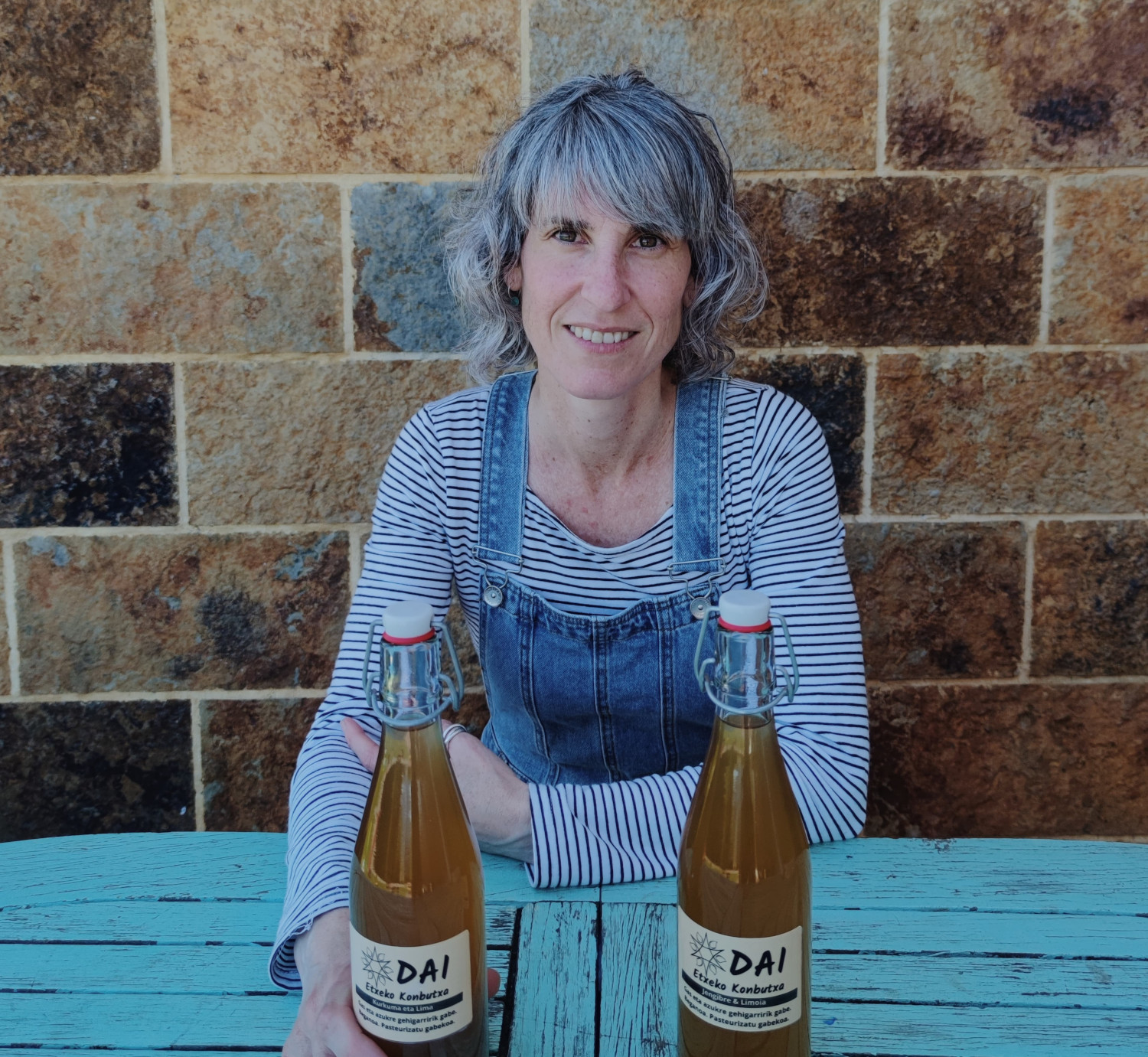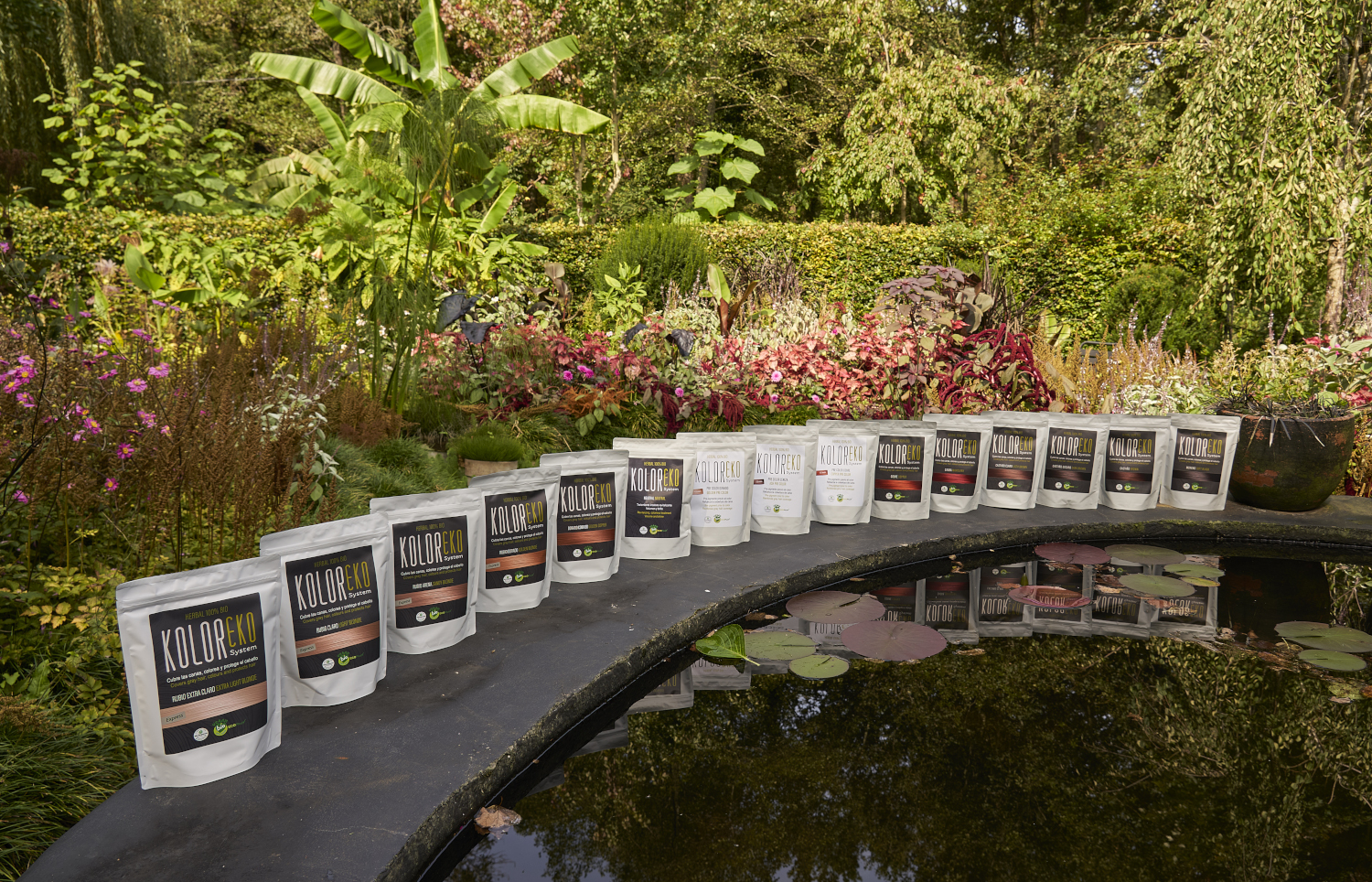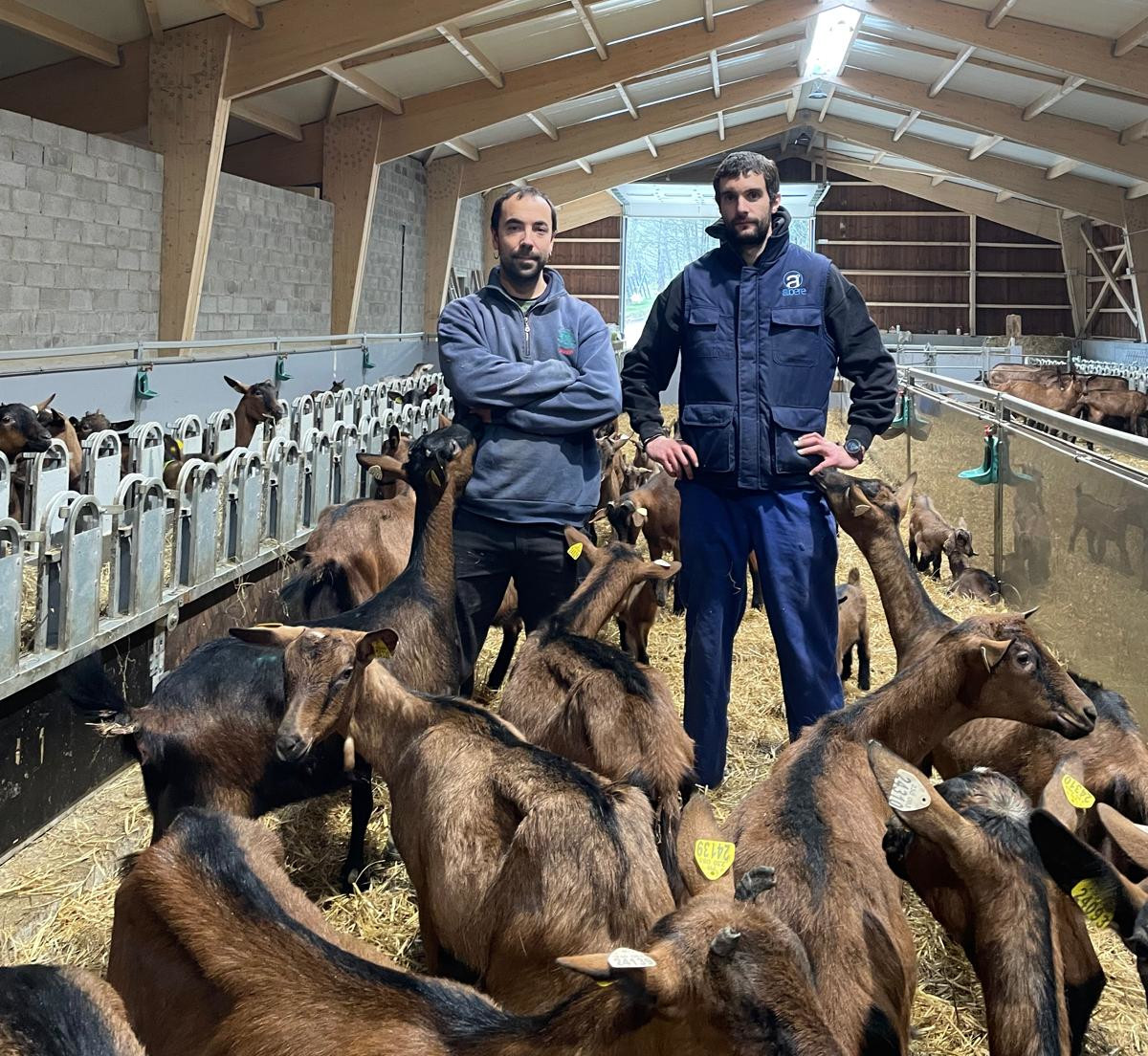“Living from this modern beekeeping is our challenge”
- The young Inaxio Arin and Mattin Jauregi are behind the Balerdipe Bees project, which was born a year ago. “Four or five years ago, I put on a couple of hives and I joined the apiculture courses,” explains Jauregi. His friend Arin, who started helping two years ago, and last year they decided to put more hives in the corner of Bedaio and launch a more serious project between them.

“Apart from honey, we also produce other honey products such as cosmetics and honey water,” explains Arin. Its intention is to go out of the ordinary and deepen modern beekeeping, for which other routes related to honey are being studied. “Honey, propolis and something else has traditionally been done in our country. We are trying to break in some way the limits that have existed so far,” the beekeeper added.
Both members produce another bee product that has not been so common to receive in our environment. “Nectar is our most exclusive product. So far, no one took it out here, because it was thought he had no interest,” he says. Nectar is what the bees of the flower take directly, and then it's allowed to dry and it's transformed into honey. Well, the project members take out the nectar before this drying process, and they can also take it out of a single flower, like the apple. “The apple has a very short flowering, so it doesn’t give you time to take it out, but you can go ahead and get the nectar,” says Arin.
Pollination service
Another important branch of the project is the pollination service. Unfortunately, there are fewer and fewer bees and pollinator insects in the world and they have put the service to fill that gap. “Before, there were many bees and pollination was done naturally and properly. But when there are fewer bees, pollinations don’t do quite well in some cases,” says the young man. A pollination service is therefore being offered to producers in the area, and in particular to steelmakers. What does it consist of? Well, they go to the area that you want to pollinate to make a valuation and move their bees to the place to do the pollination for the time you need.
The challenge of the two project members is to live from beekeeping with the projects they have in their hands, and to do so, steps are being taken: “However, we are clear that we do not want to put 600 beehives to live from it, because in our area it does not seem very viable. We are aware of the importance of bees and, valuing that, we want to bet on living from it, but going beyond traditional beekeeping”.
Duela lau urte abiatu zuten Azpeitian Enkarguk proiektua, Udalaren, Urkome Landa Garapen Elkartearen eta Azpeitiako eta Gipuzkoako merkatari txikien elkarteen artean. “Orain proiektua bigarren fasera eraman dugu, eta Azkoitian sortu dugu antzeko egitasmoa, bere izenarekin:... [+]
Donostiako Amara auzoko Izko ileapaindegi ekologikoak 40 urte bete berri ditu. Familia-enpresa txikia da, eta hasieratik izan zuten sortzaileek ile-apainketan erabiltzen ziren produktuekiko kezka. “Erabiltzaileen azalarentzat oso bortzitzak dira produktu gehienak, baina... [+]
Ubidekoak (Bizkaia) dira Imanol Iturriotz eta Aritz Bengoa gazteak. “Lagunak gara txikitatik, eta beti izan dugu buruan abeltzaintza proiektu bat martxan jartzeko ideia”, azaldu du Iturriotzek. Nekazaritzari lotutako ikasketak izan ez arren, baserri munduarekin eta... [+]
Iruñean bizi ziren Iñaki Zoko Lamarka eta Andoni Arizkuren Eseberri gazteak, baina familiaren herriarekin, Otsagabiarekin, lotura estua zuten biek betidanik. “Lehen, asteburuetan eta udan etortzen ginen eta duela urte batzuk bizitzera etorri ginen”, dio... [+]
Gipuzkoako hamaika txokotatik gerturatutako hamarka lagun elkartu ziren otsailaren 23an Amillubiko lehen auzo(p)lanera. Biolur elkarteak bultzatutako proiektu kolektiboa da Amillubi, agroekologian sakontzeko eta Gipuzkoako etorkizuneko elikadura erronkei heltzeko asmoz Zestoako... [+]
Emakume bakoitzaren errelatotik abiatuta, lurrari eta elikadurari buruzko jakituria kolektibizatu eta sukaldeko iruditegia irauli nahi ditu Ziminttere proiektuak, mahai baten bueltan, sukaldean bertan eta elikagaiak eskutan darabiltzaten bitartean.





















